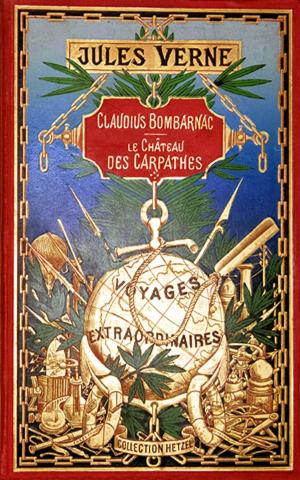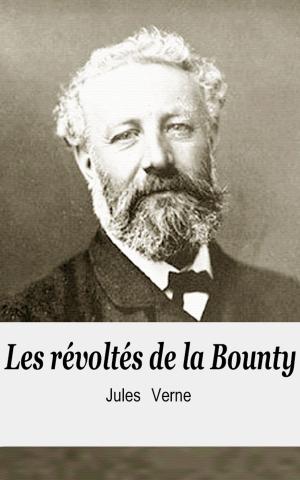A JOURNEY TO THE CENTRE OF THE EARTH
Science Fiction & Fantasy, Science Fiction, Adventure, Fiction & Literature, Literary, Action Suspense| Author: | Jules Verne | ISBN: | 1230000105328 |
| Publisher: | Jules Verne | Publication: | February 8, 2013 |
| Imprint: | Language: | English |
| Author: | Jules Verne |
| ISBN: | 1230000105328 |
| Publisher: | Jules Verne |
| Publication: | February 8, 2013 |
| Imprint: | |
| Language: | English |
"A JOURNEY TO THE CENTRE OF THE EARTH - Top Classic Novels" This edition included NEW illustrations + Free AudioBook Links + Clickable Table of Contents for both the list of included books and their respective chapters. Navigation couldn't be easier.
The text and chapters are perfectly set up to match the layout and feel of a physical copy, rather than being haphazardly thrown together for a quick release.
A Journey to the Centre of the Earth (French: Voyage au centre de la Terre, also translated under the titles Journey to the Centre of the Earth and A Journey to the Interior of the Earth) is a classic 1864 science fiction novel by Jules Verne. The story involves a German professor (Otto Lidenbrock in the original French, Professor Von Hardwigg in the most common English translation) who believes there are volcanic tubes going toward the centre of the Earth. He, his nephew Axel (Harry), and their guide Hans descend into an extinct Icelandic volcano, encountering many adventures, including prehistoric animals and natural hazards, before eventually coming to the surface again in southern Italy.
From a scientific point of view, this story has not aged quite as well as other Verne stories, since most of his ideas about what the interior of the Earth contains have since been disproved.
Jules Gabriel Verne (February 8, 1828 – March 24, 1905) was a French author who pioneered the science fiction genre in Europe. He is best known for his novels Twenty Thousand Leagues Under the Sea (1870), Journey to the Center of the Earth (1864), and Around the World in Eighty Days (1873). Many of his novels involve elements of technology that were fantastic for the day but later became commonplace. He is the second most translated author in the world (after Agatha Christie). Some of his books have also been made into live-action and animated films and television shows. Verne is often referred to as the "Father of Science Fiction", a title sometimes shared with Hugo Gernsback and H. G. Wells.
"A JOURNEY TO THE CENTRE OF THE EARTH - Top Classic Novels" This edition included NEW illustrations + Free AudioBook Links + Clickable Table of Contents for both the list of included books and their respective chapters. Navigation couldn't be easier.
The text and chapters are perfectly set up to match the layout and feel of a physical copy, rather than being haphazardly thrown together for a quick release.
A Journey to the Centre of the Earth (French: Voyage au centre de la Terre, also translated under the titles Journey to the Centre of the Earth and A Journey to the Interior of the Earth) is a classic 1864 science fiction novel by Jules Verne. The story involves a German professor (Otto Lidenbrock in the original French, Professor Von Hardwigg in the most common English translation) who believes there are volcanic tubes going toward the centre of the Earth. He, his nephew Axel (Harry), and their guide Hans descend into an extinct Icelandic volcano, encountering many adventures, including prehistoric animals and natural hazards, before eventually coming to the surface again in southern Italy.
From a scientific point of view, this story has not aged quite as well as other Verne stories, since most of his ideas about what the interior of the Earth contains have since been disproved.
Jules Gabriel Verne (February 8, 1828 – March 24, 1905) was a French author who pioneered the science fiction genre in Europe. He is best known for his novels Twenty Thousand Leagues Under the Sea (1870), Journey to the Center of the Earth (1864), and Around the World in Eighty Days (1873). Many of his novels involve elements of technology that were fantastic for the day but later became commonplace. He is the second most translated author in the world (after Agatha Christie). Some of his books have also been made into live-action and animated films and television shows. Verne is often referred to as the "Father of Science Fiction", a title sometimes shared with Hugo Gernsback and H. G. Wells.















